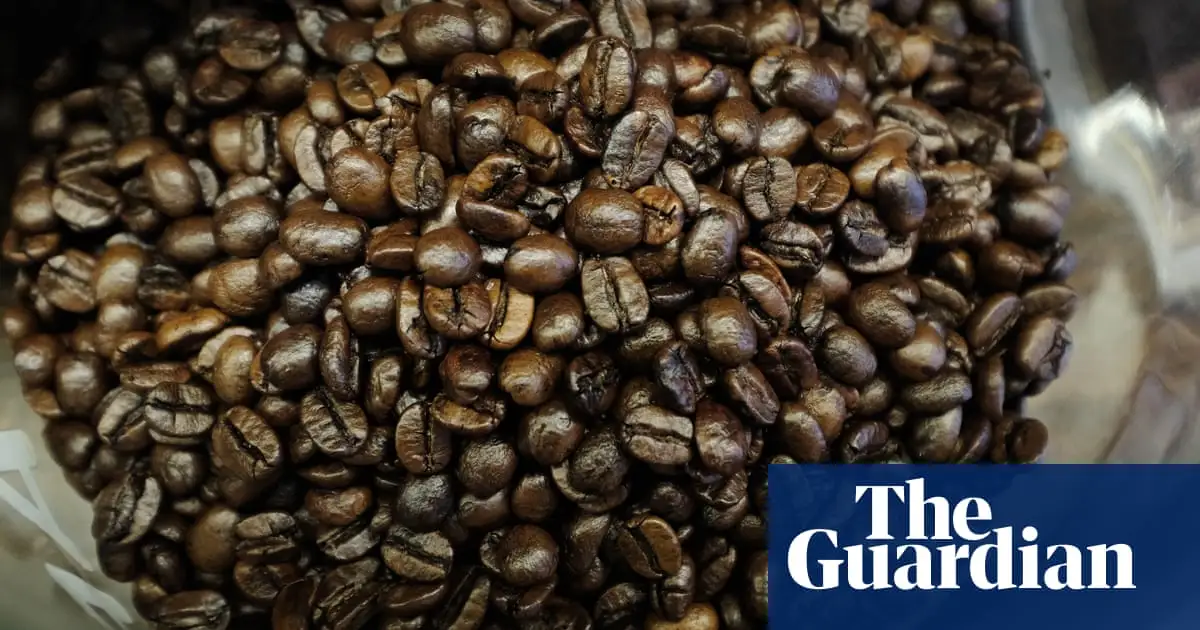New research aimed at identifying foods that contain higher levels of PFAS found people who eat more white rice, coffee, eggs and seafood typically showed more of the toxic chemicals in their plasma and breast milk.
The study checked samples from 3,000 pregnant mothers, and is among the first research to suggest coffee and white rice may be contaminated at higher rates than other foods. It also identified an association between red meat consumption and levels of PFOS, one of the most common and dangerous PFAS compounds.
“The results definitely point toward the need for environmental stewardship, and keeping PFAS out of the environment and food chain,” said Megan Romano, a Dartmouth researcher and lead author. “Now we’re in a situation where they’re everywhere and are going to stick around even if we do aggressive remediation.”



Of course not, I’m just saying your don’t need to eat those foods to survive
Nobody was saying that you must eat eggs to survive - the point is to show the flaws in the hypothesis of the study when related to the sample group.
If you are sampling 3000 mothers in New Hampshire and looking for those who eat less poor people food and more rich people food you should expect to see a correlation that can be equally described by socioeconomic status as it can by diet.
Suggesting we all switch to a meat-heavy diet is the worst possible suggestion for us and for the planet.
And yet it’s worked for many societies for millennia…hmmm
Yes, back before there were eight billion people on this planet. Farming vastly more amounts of methane-spewing animals than we do now is an insanely bad idea.
I’m wondering if factory farms were eliminated, how much the environmental damage would be reduced.